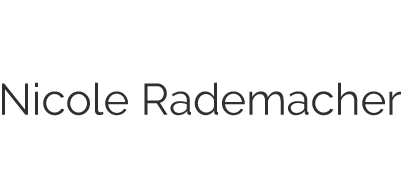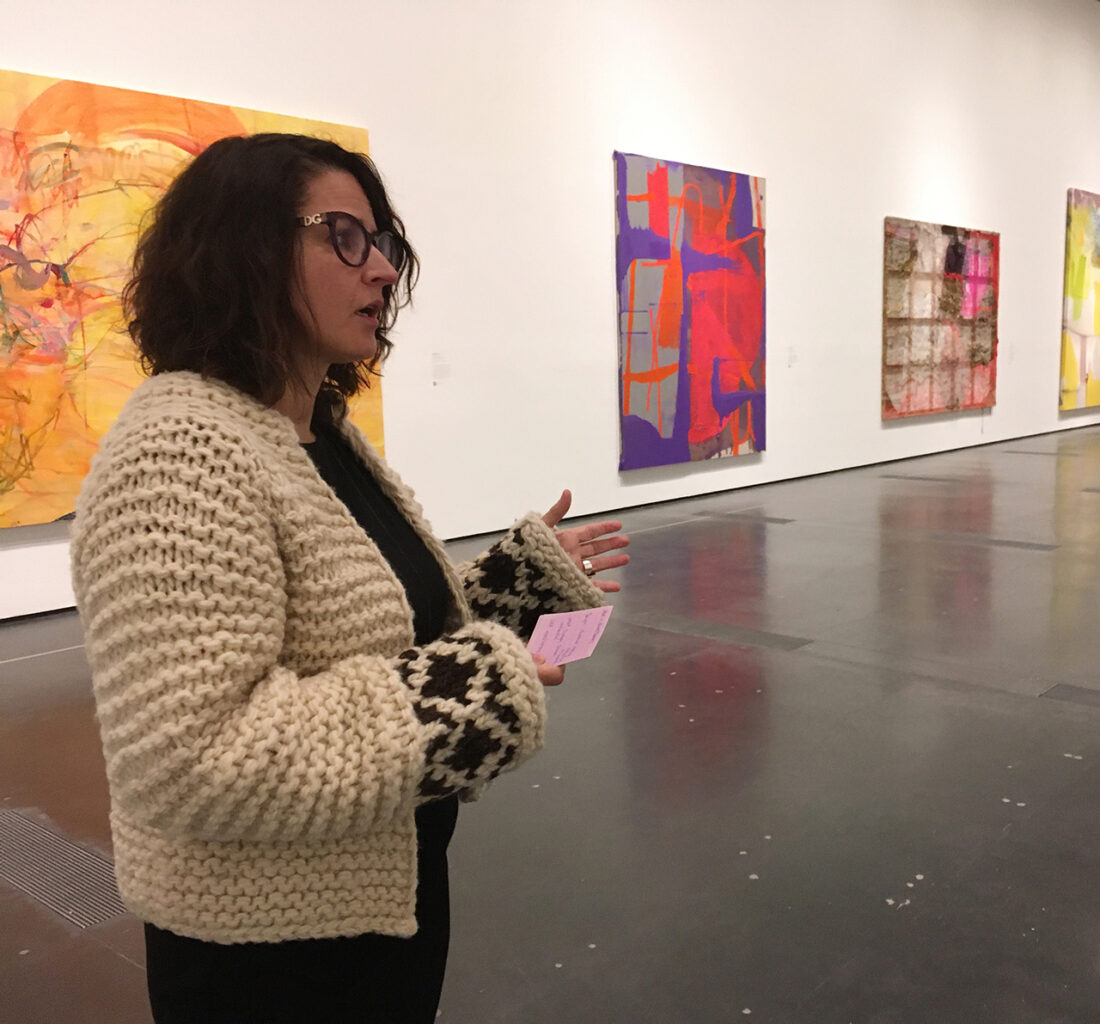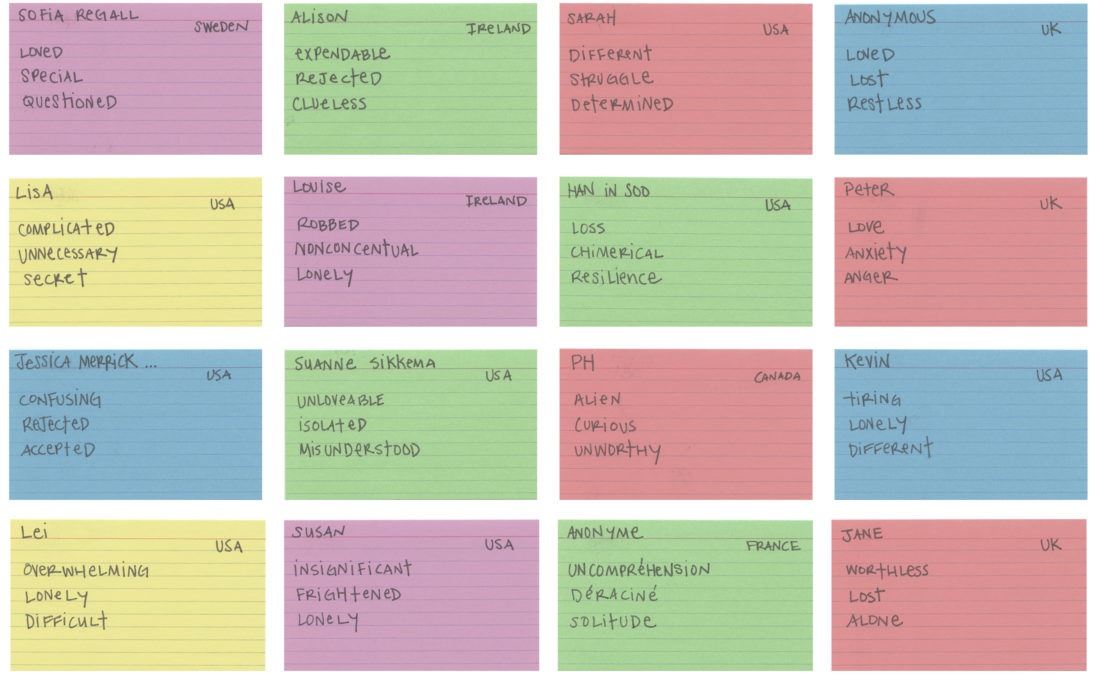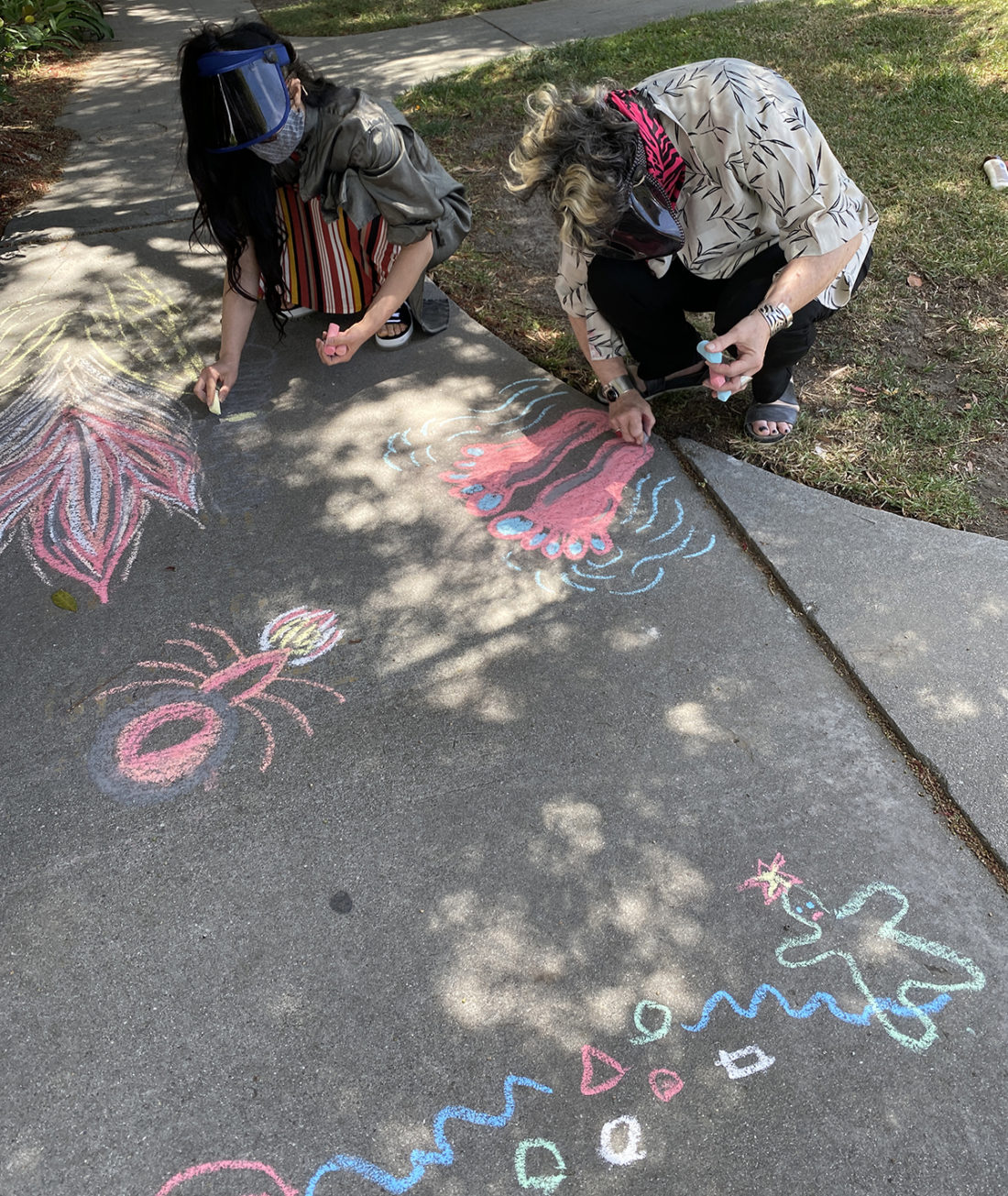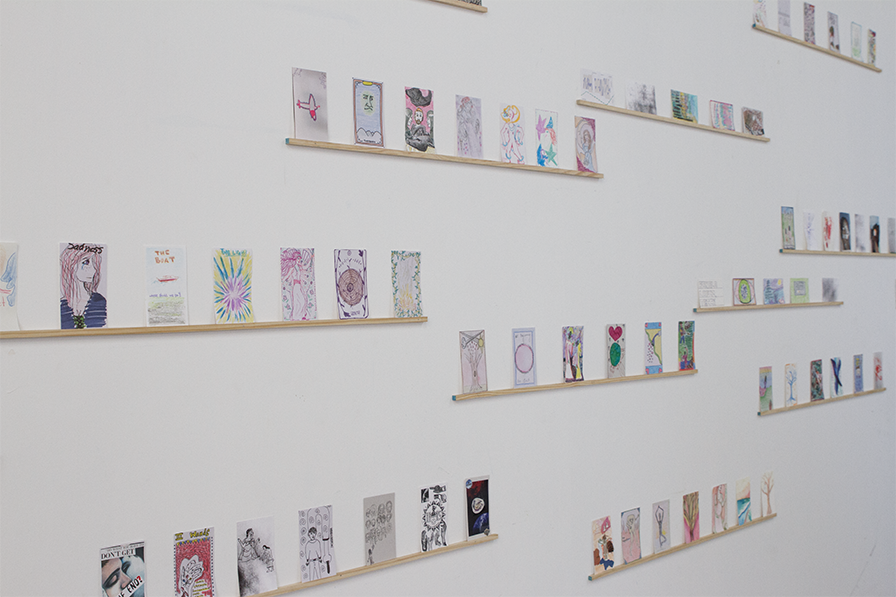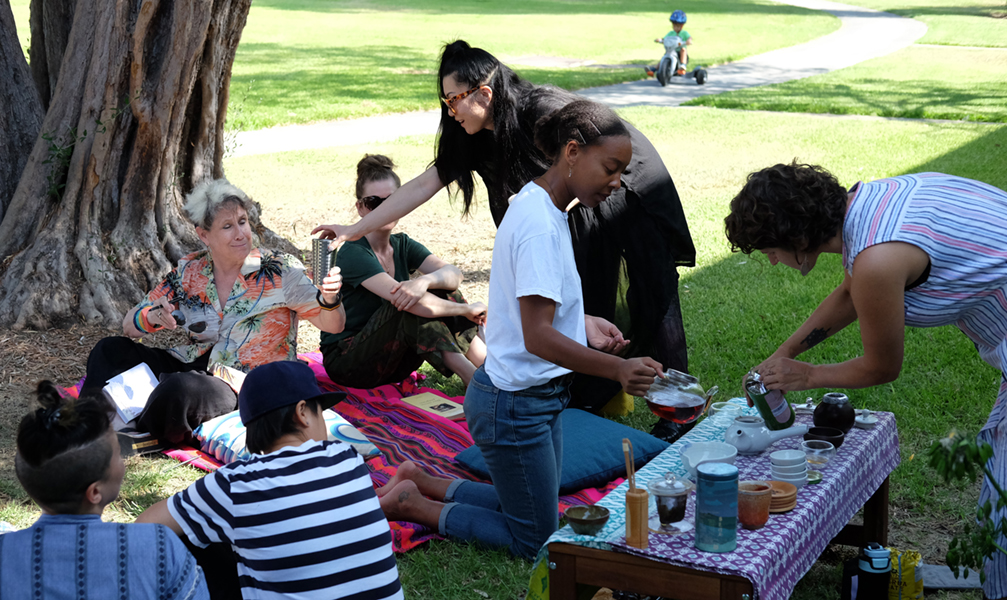Mental Health and Well-Being in the Museum
Mental Health and Well-Being in the Museum was a pilot museotherapy program I spearheaded at LACMA. The goal was to use art as a therapeutic tool, engaging and supporting individuals. Participants from diverse communities gathered. Sixteen people participated; among them were individuals struggling with mental health issues, survivors of trauma, and people seeking a creative outlet for self-expression.
The workshop created a transformative experience. Through the power of art viewing, art-making, and sharing, individuals found their voices, connected with others, and discovered new paths to healing. Unexpected events strengthened the participants’ resilience and commitment, solidifying the workshop as an impactful experience.
Mental Health and Well-Being in the Museum highlighted in LA Weekly.
